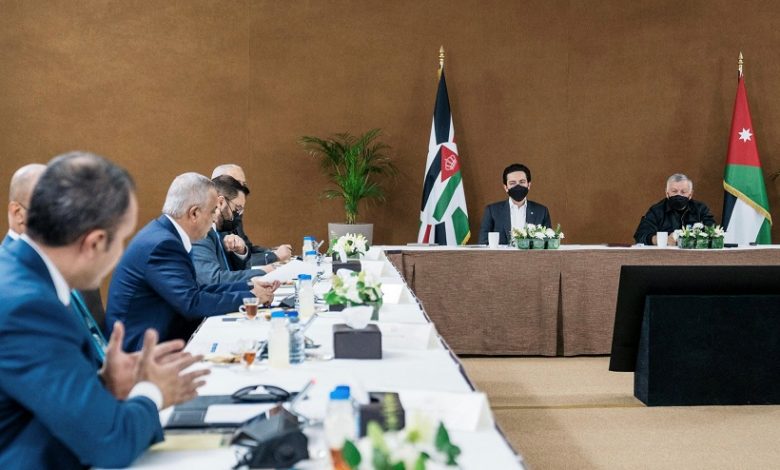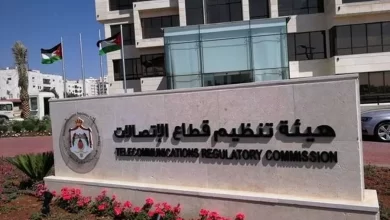
Jordan Daily – His Majesty King Abdullah on Sunday was briefed on the Aqaba strategic plan for the next five years, and stressed the importance of working towards making Aqaba a model for modern administration.
The meeting attended by His Royal Highness Crown Prince Al Hussein bin Abdullah II, who has been following up on the implementation of the plan since its launch in the first quarter of this year covered the outcomes of the plan in tourism, environment, investment, industry, logistics, and capacity building.
King Abdullah listened to a briefing by Aqaba Special Economic Zone Authority (ASEZA) Chief Commissioner Nayef Bakhit on mechanisms for implementing the plan, noting that the projects it outlines will enhance tourism, industry, education and technology adoption in the city.
Bakhit noted progress in implementing the tourism component of the plan, including carrying out entertainment activities that contributed to the recovery of the sector and increased the number of visitors, especially with the resumption of low-cost flights.
Turning to capacity building, the chief commissioner cited the implementation of several vocational and technical training programmes that have provided job opportunities, adding that ASEZA is in talks with international tourism and hospitality colleges to establish a college in Aqaba, which would allow the city to become a regional hub in this field.
He added that work is underway to prepare a new masterplan for Aqaba, to turn it into a smart city that attracts more investments and tourists, in accordance with sustainable development goals.
The King was also briefed on projects currently underway and others in the pipeline.
Key planned projects include establishing a medical university, a branch of the King Hussein Cancer Centre, and shopping malls, as well as launching a training and employability programme targeting 1,000 individuals within a year.
Other projects also include developing the transportation network in Aqaba and connecting it to Petra and Wadi Rum while facilitating the movement of people and goods, and the new submarine communications cables project launched by Google, which seeks to connect Asia, Europe, and Africa, with Aqaba as the convergence point.

